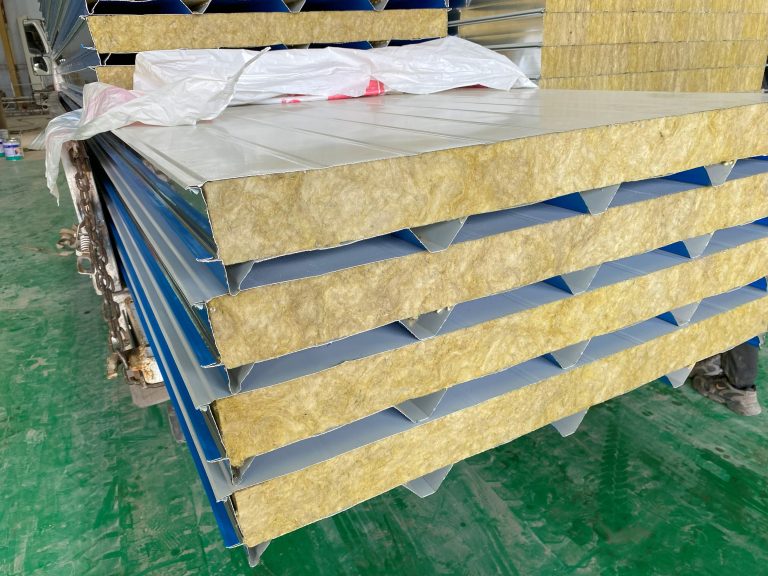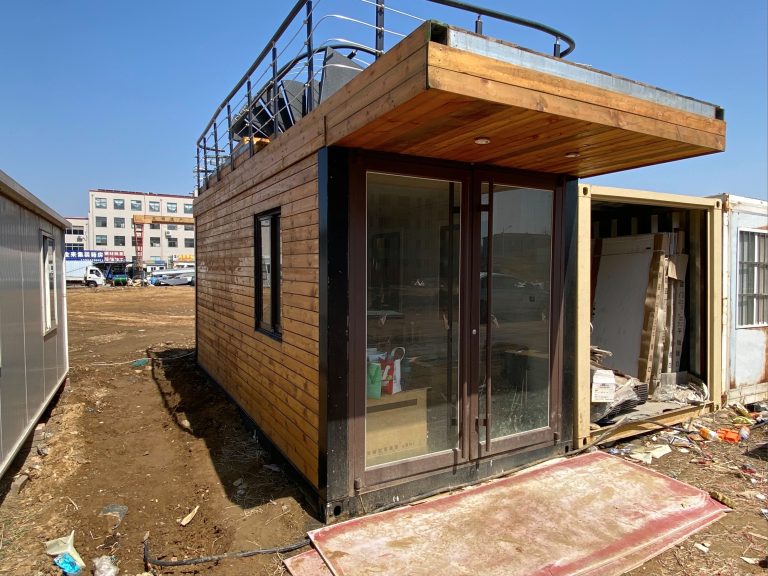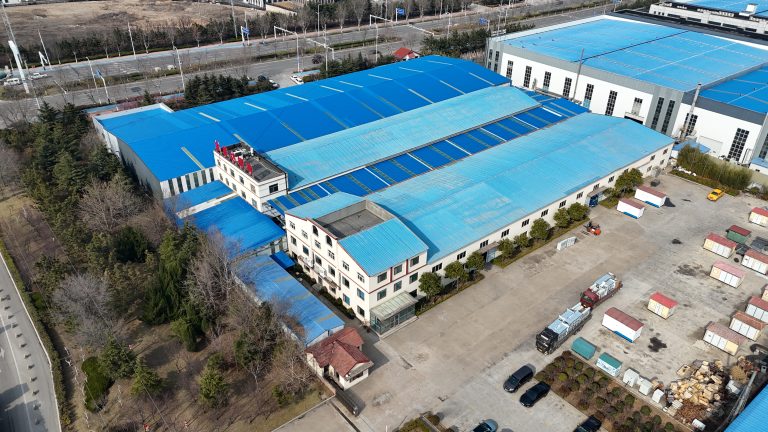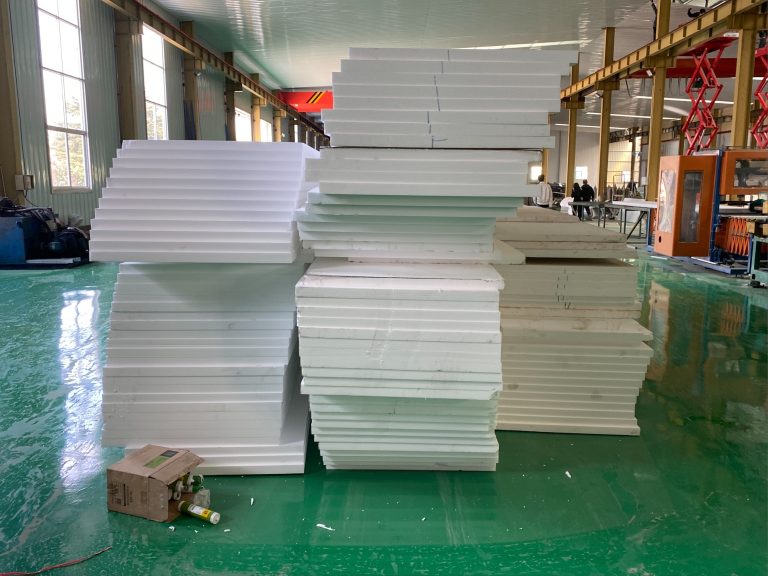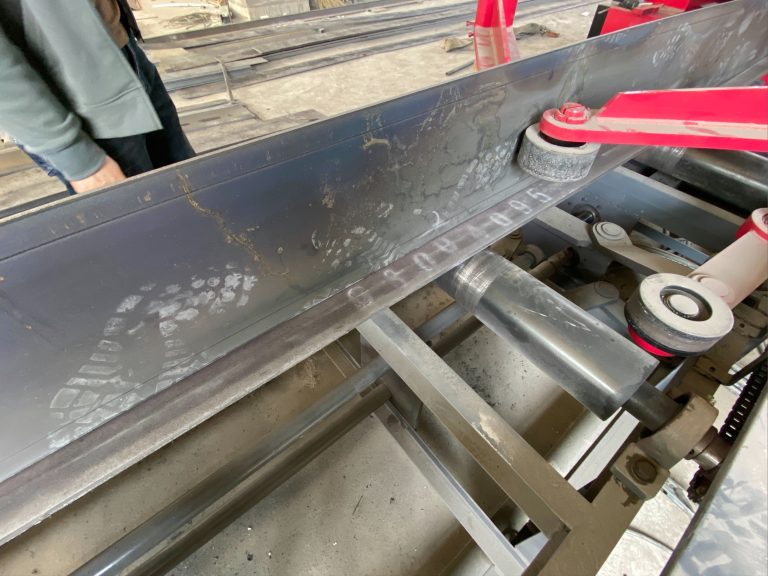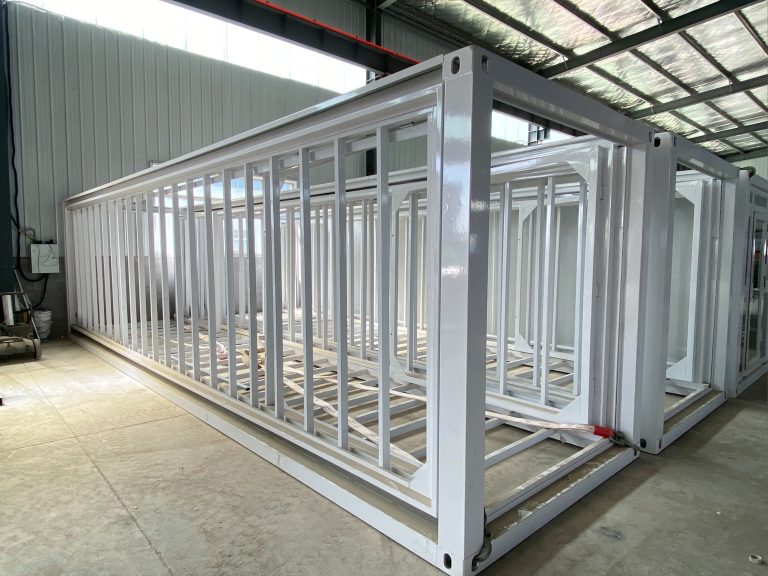Steel construction industry safety: accident prevention measures.
Table of Contents
Importance of Proper Training for Steel Construction Workers
The steel construction industry is a vital sector that plays a significant role in the development of infrastructure and buildings. However, working in this industry can be hazardous due to the nature of the materials and equipment involved. Accidents can happen if proper safety measures are not followed, which is why it is crucial for steel construction workers to undergo thorough training to prevent accidents and ensure their safety on the job.
Proper training is essential for steel construction workers to understand the potential risks and hazards associated with their work. By receiving comprehensive training, workers can learn how to identify and mitigate risks, use equipment safely, and follow safety protocols to prevent accidents. This knowledge is crucial for ensuring the safety of workers and preventing injuries on construction sites.
One of the key benefits of proper training for steel construction workers is the prevention of accidents. Accidents can have serious consequences, including injuries, fatalities, and damage to property. By providing workers with the necessary training, employers can reduce the likelihood of accidents occurring on construction sites. This not only protects the well-being of workers but also helps to maintain a safe working environment for everyone involved in the construction project.
In addition to preventing accidents, proper training for steel construction workers can also improve productivity and efficiency on construction sites. When workers are well-trained, they are more likely to perform their tasks effectively and efficiently, leading to better outcomes for the project. This can help to reduce delays and costs associated with accidents and injuries, ultimately benefiting both workers and employers.
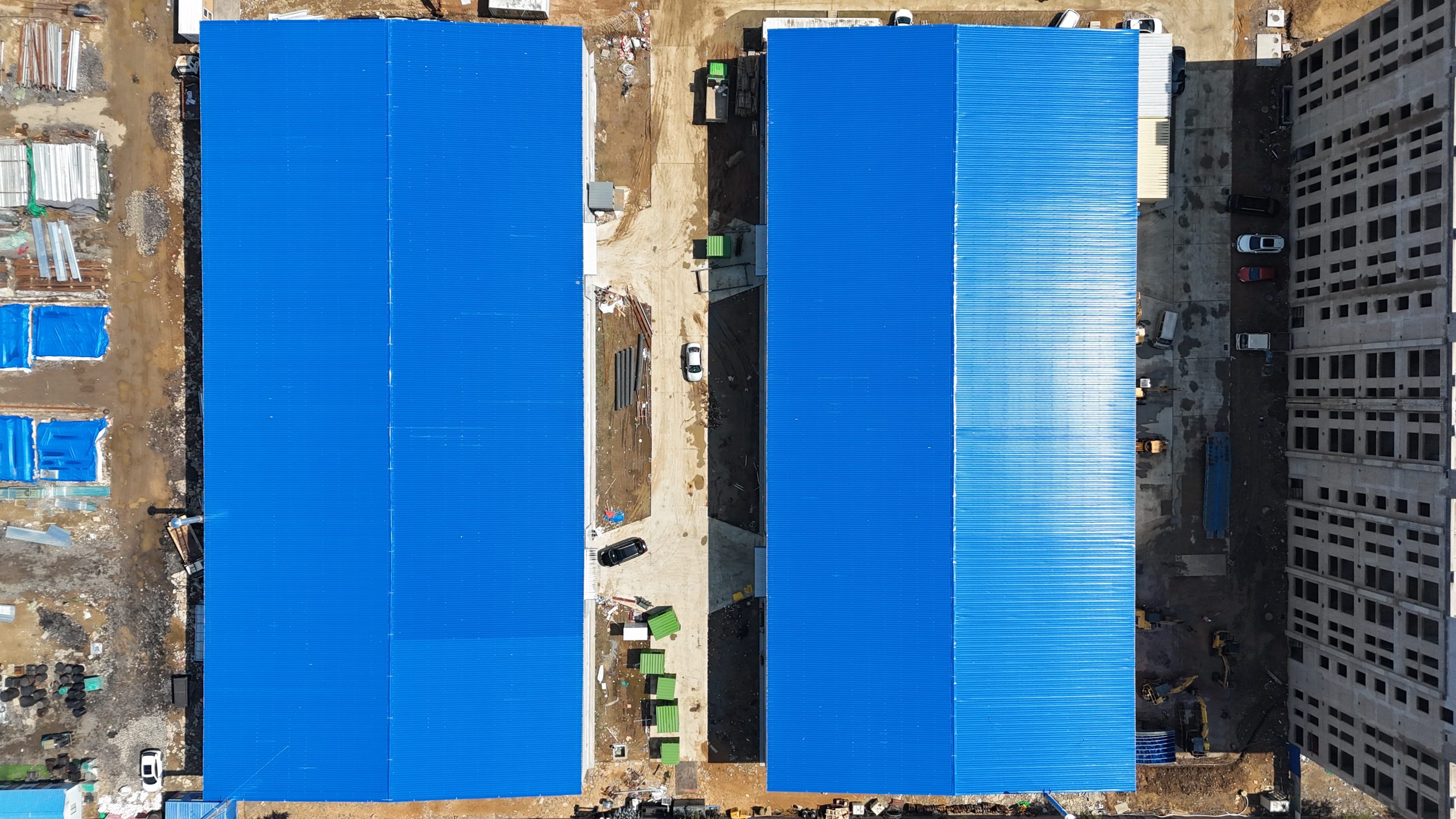
Furthermore, proper training can also help to enhance the reputation of a construction company. By demonstrating a commitment to safety through comprehensive training programs, employers can build trust with clients, investors, and the public. This can lead to more opportunities for business growth and success in the competitive construction industry.
Overall, the importance of proper training for steel construction workers cannot be overstated. By providing workers with the knowledge and skills they need to work safely, employers can prevent accidents, improve productivity, and enhance their reputation in the industry. Investing in training programs for steel construction workers is not only a legal requirement but also a moral obligation to ensure the well-being of workers and the success of construction projects.
In conclusion, safety is paramount in the steel construction industry, and proper training is a crucial component of accident prevention measures. By ensuring that steel construction workers receive comprehensive training, employers can protect the well-being of their workers, prevent accidents, and improve productivity on construction sites. Investing in training programs for steel construction workers is a wise decision that can benefit both workers and employers in the long run.
Implementing Safety Protocols and Procedures in Steel Construction Sites
The steel construction industry is known for its high-risk nature, with workers facing potential hazards on a daily basis. From working at heights to handling heavy machinery, there are numerous opportunities for accidents to occur. However, with the implementation of proper safety protocols and procedures, many of these accidents can be prevented.
One of the most important aspects of ensuring safety in the steel construction industry is proper training. Workers must be trained on how to safely operate machinery, work at heights, and handle materials. This training should be ongoing, with regular refresher courses to ensure that workers are up to date on the latest safety procedures.
In addition to training, it is essential to have clear safety protocols in place on construction sites. This includes having designated safety officers who are responsible for overseeing safety procedures and ensuring that all workers are following them. Safety protocols should cover everything from wearing appropriate personal protective equipment to properly securing materials and equipment.
Regular safety inspections are also crucial in preventing accidents in the steel construction industry. These inspections should be conducted by trained professionals who can identify potential hazards and take steps to address them. Inspections should be thorough and conducted on a regular basis to ensure that safety protocols are being followed.
Another important aspect of safety in the steel construction industry is communication. Workers should feel comfortable speaking up if they see a safety hazard or have concerns about a particular procedure. Open communication between workers and management is essential for creating a safe work environment.
Implementing safety measures in the steel construction industry is not only important for protecting workers, but also for ensuring that projects are completed on time and within budget. Accidents can lead to delays and increased costs, so it is in the best interest of everyone involved to prioritize safety.
In conclusion, the steel construction industry is a high-risk environment, but with the proper safety protocols and procedures in place, many accidents can be prevented. Training, clear safety protocols, regular inspections, and open communication are all essential components of a successful safety program. By prioritizing safety, construction companies can protect their workers and ensure the success of their projects.

